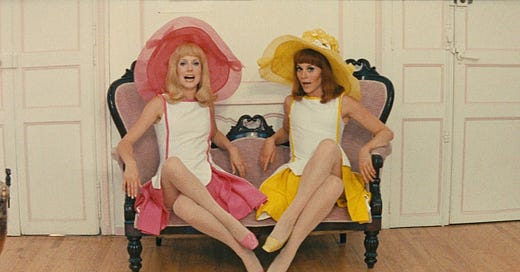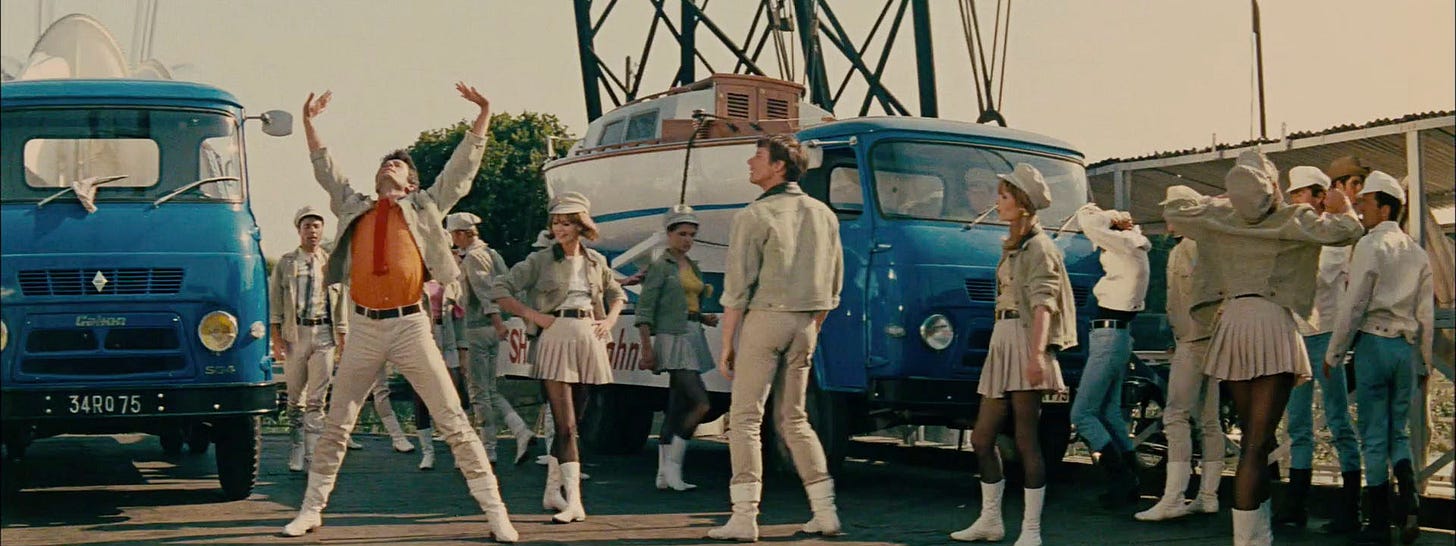My play “Teen Girl” was in its tenth month at The Cast Theatre in Hollywood the night Corey Feldman came see to the show.
At that point in my playwriting career the “plan” — as dictated by my producer, Diana Gibson — was usually to open a play and let it run as long as possible, which basically meant until I had the next one ready to go.
This formula lasted for ten years — and eleven plays — before burnout and interoffice fighting derailed the train.
But back in 1992, things were just starting to cook. “Teen Girl” had received the best reviews of my career, including a Critic’s Choice in the Los Angeles Times, my first.
Houses had been solid for about six months, but they’d turned sporadic as we moved into the Holiday Season, and on this particular night we had nobody on the books for the 8PM show.
I’d gathered the cast to let them know we were most likely going to cancel that evening’s performance when Jesse, the box-office guy, ran back to tell us we had customers.
Boy, did we.
As I walked through the house on the way to the booth (I was stage managing the play that night), I recognized a rather red-eyed Corey Feldman and his date seated in the back row of the theatre surrounded by a dissipating cloud of marijuana smoke.
“Well, cool,” I thought, “at least he’s in the right frame of mind.”
And we’d certainly done my plays for small houses before. So I started the show and off we went.
From my perch at the light board it was easy to glance at Corey to see how he was reacting to my play, but he seemed to be spending most of the time making out with his date.
Then, after the Scene One blackout, when I brought the lights back up: the seats were empty. Apparently Mr. Feldman had decided to take his make out session to a more private location.
Meanwhile, the “Teen Girl” was continuing onstage, playing to an empty house.
I gradually brought the lights down until the stage was completely dark and then announced from the booth that we were done for the night.
I’ve always found it hard to walk out on a live show. It just seems too rude to stand up while actors are performing and head for the exit.
Although in 1995, after having some TV success and getting my head filled with delusions of importance, my producer and I rather infamously walked out of the opening night of Gordon Davidson’s dreary production of “Candide” at the Ahmanson literally two minutes before the end of the first act. A stunt that got us 86’d from any further Center Theater Group invitations.
And during my heavy drinking years — which hit their peak in the oughts — I was at a theatre downtown watching a friend’s play when, after ten minutes in, I realized I’d made a terrible mistake and desperately searched through my feverish brain for a solution to get me OUT OF THERE.
So, clutching my stomach, I shuffled past the audience members in my row — including many dear friends — crab-walked to the bathroom and faked a bout of explosive diarrhea. My best thinking was: better to be embarrassed by faux IBS than to sit through 90 minutes of torture.
Movies, of course, are much easier to escape from, even at the cinema. (I was watching Amanda Kramer’s “Please, Baby, Please” last October at the Alamo Drafthouse, which I had planned on reviewing for Art Report Today, and after an hour of extremely radioactive camp, I’d simply had enough, so I fled.)
At home it’s the easiest thing in the world to quit a movie. Click. Done. Though, lately, as I’ve been making my way through the Sight & Sound 250 greatest movies of all time, I’ve tried my best to hang tough until the end.
Yes, “Oh, Sun” and “F for Fake” were so arch in tone and frenetic in their editing I simply felt I couldn’t watch another frame.
But with Jacques Demy’s “The Young Girls of Rochfort” I was rather entranced, at least at first.
The opening dance number on board the suspended ferry taking the carnival troop across the Charente river is dynamic and fun, with its fresh young cast and bouncy score.
And the first couple of songs, though not particularly memorable, conveyed a kind of goofy pleasure. I mean: Catherine Deneuve and her sister Françoise Dorléac in giant hats? Fantastique!
But an hour — and five drab, noodling jazz songs — later I had yet to be engaged by a single character or situation. Demy had hit a certain level of pleasantness and defiantly stayed there.
Or, to tweak a quote from “Annie Hall”:
“A movie, I think, is like a shark, you know? It has to constantly move forward or it dies. And I think what we got on our hands is a dead shark.”
So I turned off “The Young Girls of Rochefort”.
I’m always concerned that there isn’t enough time in the world to read all the books I want to read, so if a book didn’t grab be in fifty pages, I put it aside.
Now I feel the same way about movies. They get 30 to 60 minutes and if I’m still having a hard time, I’m out.







I have never, ever walked out on a movie. The closest I've come is watching a film at home and turning it off, but even then I finished it later (Godzilla vs. the Smog Monster) or fast-forwarded through parts so I got a general gist (Moulin Rouge). I've never walked out on a play, but I once attended one where I was the only person in the audience! That was a weird, weird experience. At the end, I applauded the cast and they, in turn, applauded me!
Ah the days of 99-seat theatre in LA. I was in a 3-character show and one night only two elderly people showed up. We had them outnumbered so we were going to cancel but they begged us to do the show and all I could think was - what if they left at intermission?😂They didn’t and they thanked us after the curtain call.